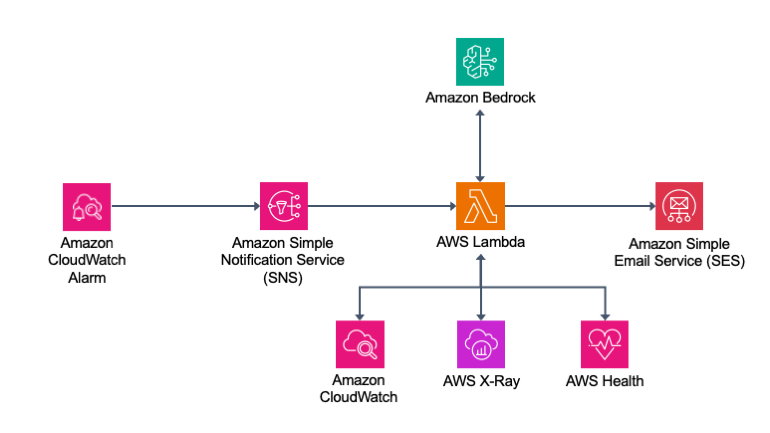Over the past few years, I embarked on a professional journey to deepen my expertise in cloud technologies and systems administration. Today, I’m proud to hold certifications that reflect both my dedication and practical knowledge in this field, including:
- AWS Certified SysOps Administrator – Associate
- AWS Certified Solutions Architect – Associate & Professional
- AWS Certified DevOps Engineer – Professional
- AWS Certified Security – Specialty
- Oracle Certified Foundations Associate
- Red Hat Certified System Administrator (RHCSA)
- Red Hat Certified Engineer (RHCE)
Here’s how I tackled each certification and some tips for those looking to do the same.
🌩️ Starting with AWS: The Foundation
My AWS journey began with the Solutions Architect Associate exam. This gave me a solid grasp of core AWS services like EC2, S3, RDS, IAM, and networking. I used:
- AWS Training & Certification Portal
- A Cloud Guru/Udemy (Stephane Maarek’s courses)
- Practice exams from Whizlabs and Tutorials Dojo
Once I cleared the Associate-level exams, I aimed higher and cleared the Solutions Architect – Professional. This one required a deeper understanding of multi-account architecture, cost optimization, high availability, and disaster recovery planning.
Key Tip: Master the AWS Well-Architected Framework and go through the FAQs on each service.
🛠️ Operational Expertise: SysOps & DevOps Professional
The SysOps Administrator – Associate exam tests your ability to manage and monitor AWS infrastructure. I found hands-on experience to be the most critical aspect here, especially with CloudWatch, CloudTrail, and Systems Manager.
Then came the DevOps Engineer – Professional exam — a true test of practical implementation skills around CI/CD pipelines, automation, and infrastructure as code (IaC) using CloudFormation and CodePipeline.
Key Tip: Try deploying a full CI/CD pipeline on AWS as a hands-on project.
🔐 Security Specialty: Going Deeper
Security is non-negotiable in cloud environments. The AWS Security Specialty exam was a deep dive into KMS, IAM best practices, data protection, and incident response.
Key Tip: AWS whitepapers and the AWS Security Hub documentation were vital resources.
☁️ Oracle Certified Foundations Associate
While AWS dominated my cloud learning path, the Oracle Cloud Infrastructure (OCI) Foundations Associate exam helped me understand an alternative cloud ecosystem. I leveraged Oracle’s free tier to get hands-on experience.
Key Tip: Oracle provides a free learning path and practice tests — take full advantage.
🐧 Red Hat Certifications: Mastering Linux
Before diving deep into cloud, my roots were in systems administration. The RHCSA and RHCE certifications validated my practical Linux skills — from managing users and filesystems to automating tasks with Ansible (for RHCE).
Key Tip: Practice in a real or virtual lab environment. The exams are performance-based, so speed and accuracy matter.
🚀 Final Thoughts
Each certification sharpened a different skillset — cloud architecture, systems operations, security, DevOps, and Linux. More than the titles, the hands-on labs, real-world projects, and persistent curiosity helped me succeed.
If you’re aiming for similar goals:
- Set a clear study plan.
- Focus on hands-on practice.
- Use multiple learning sources (videos, docs, labs, practice tests).
- Never rush — understand why, not just how.
Feel free to reach out if you’re on a similar path or need guidance. Certifications may not be the final destination, but they are a powerful way to benchmark and accelerate your learning journey.





Leave a Reply